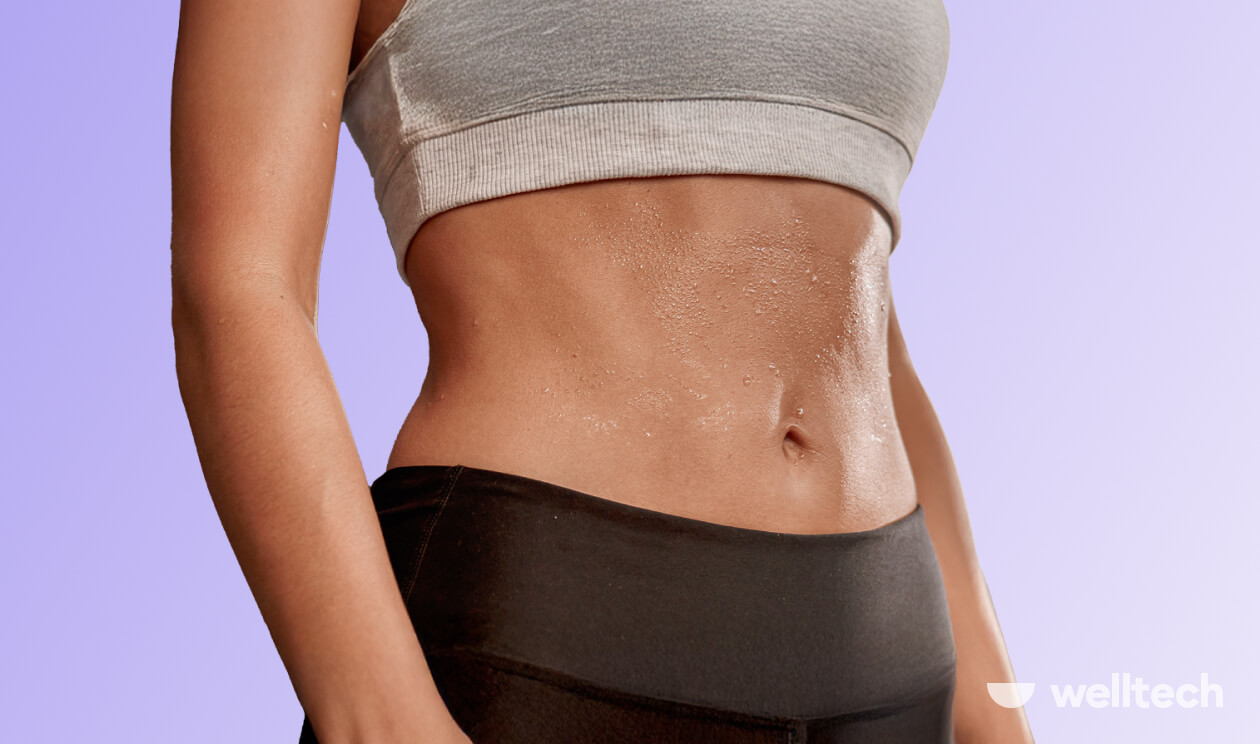Do Hot Workouts Help Lose Weight Faster? Here's What Expert Says


October 25, 2025

NASM Personal Trainer, NASM Fitness Nutrition Specialist, ACE Sports Conditioning Specialist, NASM Performance Enhancement Specialist
When temperatures climb, some people see an opportunity: swap the air-conditioned gym for an outdoor workout and sweat it out in the heat. The logic seems sound: more sweat must mean more calories burned, right?
Not quite.
We asked David J. Sautter, a fitness expert at Muscle Booster, to clear up one of the most common fitness myths and explain what sweat actually does for your body.
"In short, the answer is no," Sautter says. "Sweating is a way for the body to regulate its core temperature and keep you from overheating. It indicates that your body is losing fluids and electrolytes."
Here's the thing: sweat is mostly water and electrolytes. It doesn't contain body fat. "It would be nearly impossible to achieve a leaner physique by focusing on sweat loss, unless a person were severely dehydrated," Sautter explains.
Any weight lost from sweating is water weight. You'll gain it back as soon as you rehydrate (which you absolutely should).
You might assume that the person drenched in sweat is working harder than someone who's barely glistening. But that's not necessarily true.
"Most people assume the more someone sweats during a workout, the harder they are training," says Sautter. "While this may be true for some, it should not be used as a general indicator of productivity."
How much you sweat depends on several factors beyond just exercise intensity, including what you're wearing, what you ate, medications you take, and even your emotional state. Some people naturally sweat more than others doing the exact same workout.
If you want to track how hard you're actually working, Sautter recommends using a heart rate monitor instead. "Preferably a chest-strapped one," he adds.
Just because sweat doesn't burn fat doesn't mean it's useless. Here's what sweating does do for your body.
This is sweat's primary job. "Whether you're working out or enjoying basking in the sun, your body produces heat and turns it into a liquid, then into vapor, subsequently causing your temperature to regulate," Sautter explains.
Without this process, your body would overheat dangerously during exercise or in hot weather. Just remember to drink plenty of fluids to replace what you lose and to maintain your electrolyte balance.
Sweat does carry out some potentially harmful substances from your body. "Many people, for this reason, enjoy heading down to the sauna," says Sautter.
Interestingly, some toxins leave your body faster through active sweating (like during exercise) than passive sweating (like sitting in a sauna).
Working out gets your blood flowing, which nourishes your skin and can give you a natural glow. Sweating also opens your pores, helping clear out accumulated dirt and oils.
"Sweat contains a peptide called dermcidin, which can neutralize harmful bacteria and fungi," Sautter notes.
One caveat: "You should always give your face a post-workout wash to wash off any bacteria that can cause irritation or breakouts."
If you're planning to work out during warm weather, go for it. But do it because you enjoy outdoor exercise, not because you think the extra sweat will speed up weight loss.
Focus on consistent training, proper nutrition, and adequate recovery instead. Those are what actually create lasting results.
This article is intended for general informational purposes only and does not address individual circumstances. It is not a substitute for professional advice or help and should not be relied on to make decisions of any kind. Any action you take upon the information presented in this article is strictly at your own risk and responsibility!